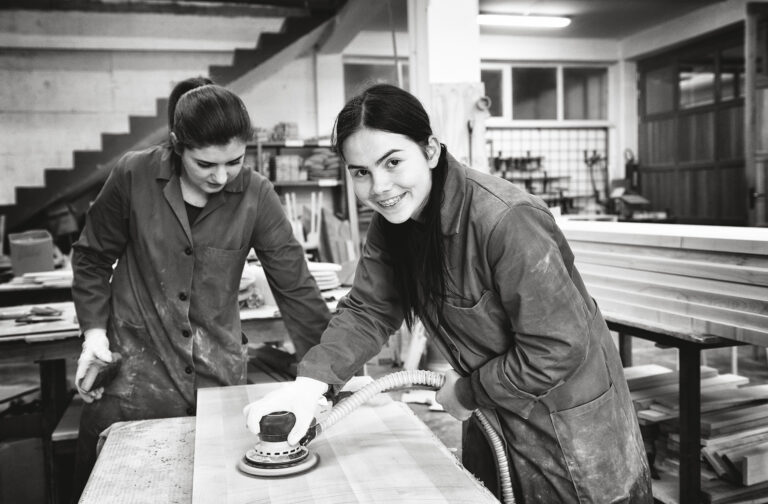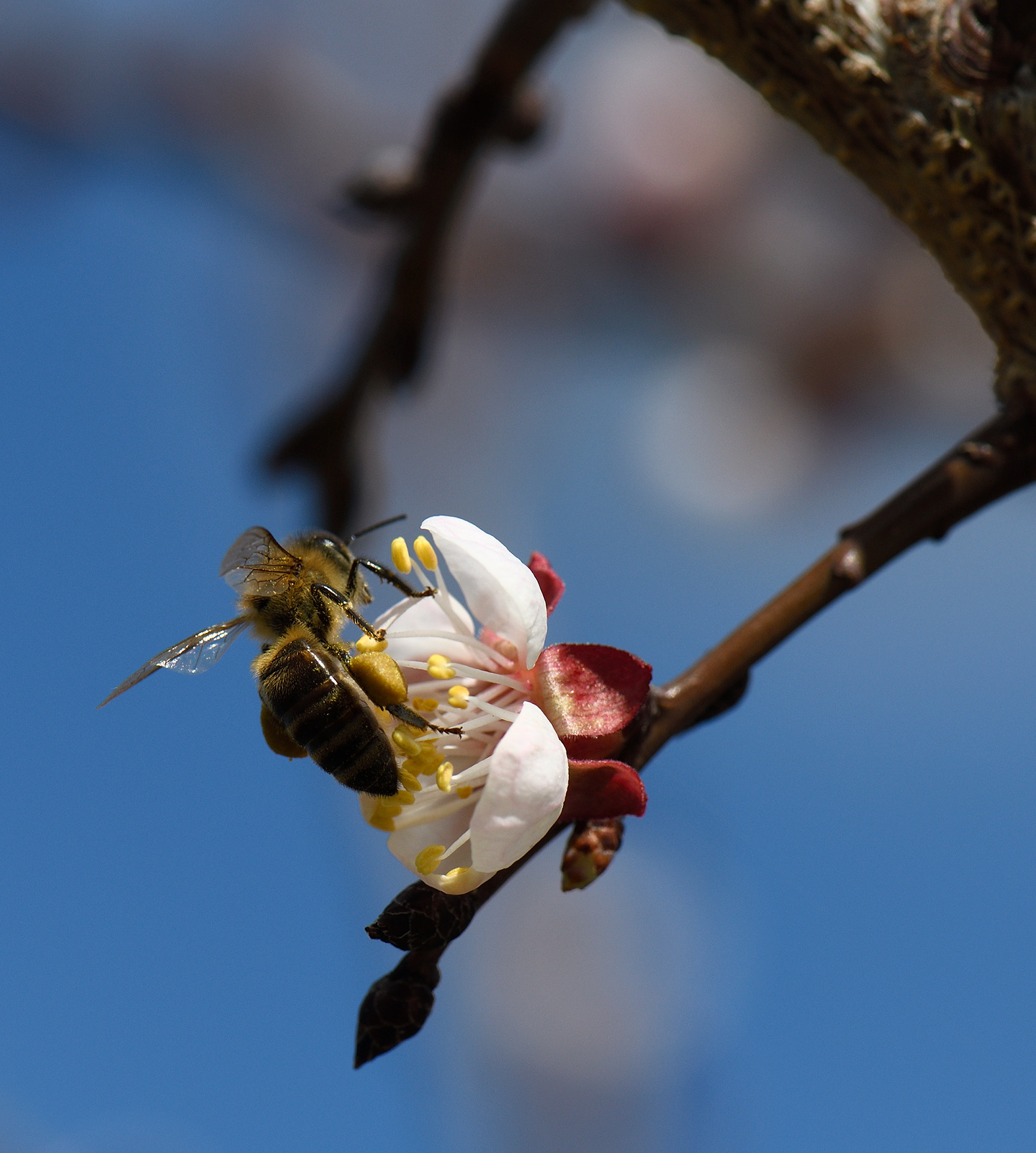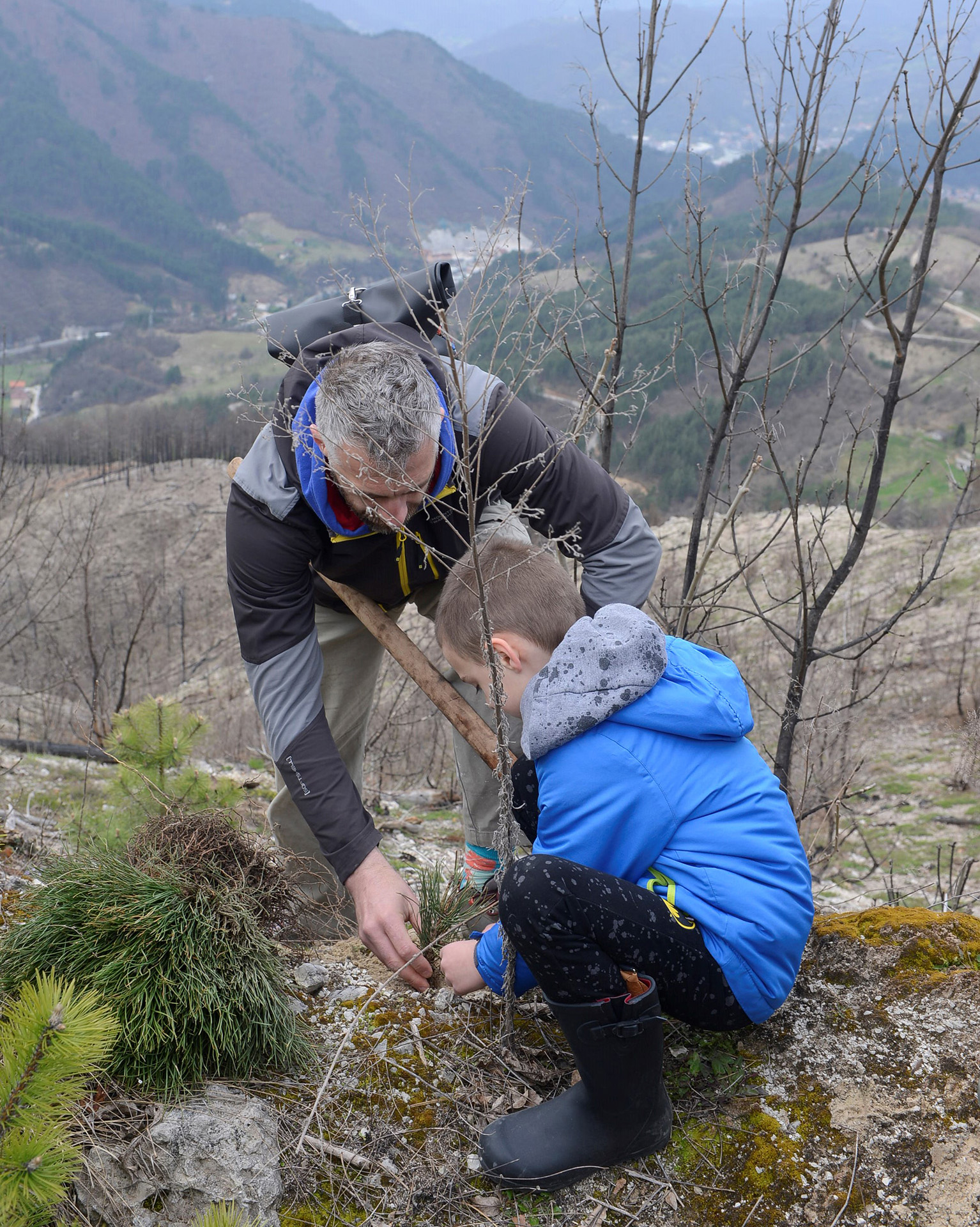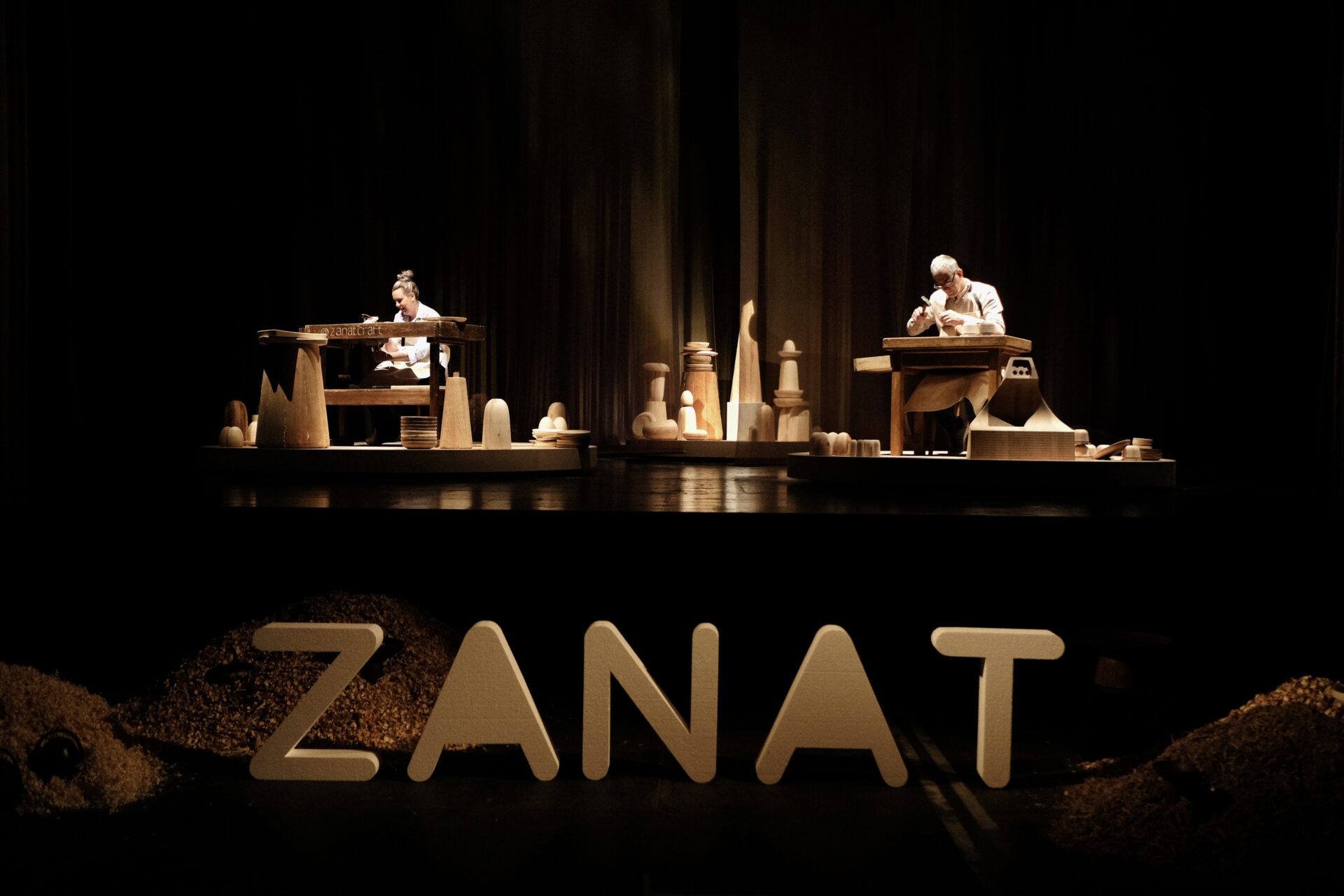“Sustainability can’t be like some sort of a moral sacrifice or political dilemma or a philanthropical cause. It has to be a design challenge”
— Bjarke Ingels
At the intersection of environment, cultural heritage and humanity
“From the moment the idea for Zanat first slipped into conversation, the concept for the company has been much more than building a brand that is known only for quality and innovativeness of its products. We were a team of people with backgrounds in sustainable development, social justice, architecture, and relief work. However – we all shared a passion for design and wood. We dreamed of a company that applied the same attention to designing and making beautiful objects for improving not only the spaces we inhabit but also the greater community and the world. We call this practice Universal Sustainability. We aim for the effect of every significant action that we as a business take to be environmentally, economically and socially sustainable. Today we are living that dream, as we have earned a reputation of a trail blazer in different aspects of sustainability and social responsibility. For us, this is equally gratifying as the commercial success and numerous design awards we have received. In other words, sustainability is at the very heart of our craft. The only way forward. A welcomed opportunity to contribute to our community, while recognizing how interconnected we all are. Join us in our commitment. We are all responsible.
“Our commitment to Universal Sustainability is guided by the following principles: PROTECT, DEVELOP, PROMOTE.”

Protect
Develop


Promote
LEADING BY EXAMPLE
“We are not naïve so much to think that our company alone can change the world, but we are optimistic enough to believe that if we can prove that the way we do business works—that it is sustainable—others will see the potential and join efforts to change the way business will be done tomorrow. In the end, Universal Sustainability is a simple concept: look into the most basic aspects of your business and ensure that you are proud of their impact on the company, the customer, and the world. We feel good of what we do at Zanat and hope to inspire others to pursue similar business models.” – Orhan Nikšić, Zanat CEO

